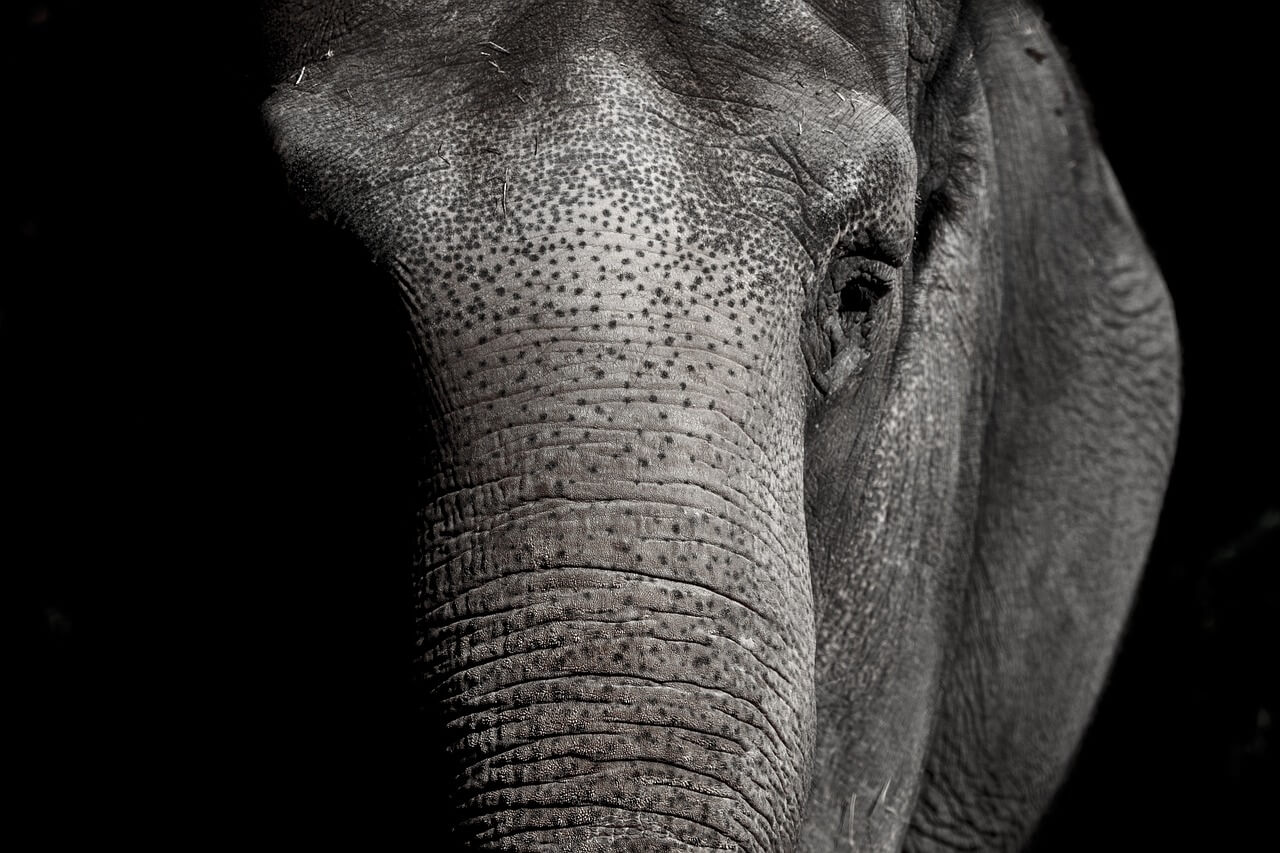Bhopal: After Mahout Is Killed, PETA India Calls For Rehabilitation of Elephant
Following a horrific incident in which an elephant named Nanki (also known as Janki) killed a mahout, PETA India fired off a letter to Madhya Pradesh’s chief wildlife warden requesting that the distressed animal be seized and rehabilitated at a sanctuary where she could live free from chains and weapons. The elephant was reportedly used for begging and is believed to have killed another man two years ago and attacked another about a year ago. PETA India has also called for an end to the use of elephants for begging.
In its letter, PETA India notes the following:
- The Hon’ble Madras High Court has observed that the use of an elephant for begging amounts to exploitation of the animal.
- The Guidelines for Care and Management of Captive Elephants, issued in 2008 by the Ministry of Environment, Forest and Climate Change, states that making an elephant march over tarred roads during the hottest period of the day without rest, for religious purposes or any other reason, such as for rides, is tantamount to cruelty.
- Section 42 of the Wild Life (Protection) Act (WPA), 1972, requires an owner to provide the elephant with adequate housing, maintenance, and upkeep. Failing to do so is considered a violation of the WPA, 1972, and hence, the elephant is liable for seizure.
- Many captive elephants in India are being held illegally or have been transported from one state to another without permission.
- They often suffer from extremely painful foot problems and leg wounds due to being chained on concrete for hours on end. Most of them are denied adequate food, water, veterinary care, and any semblance of a natural life.
- Elephants who have spent years being chained, bullied, and threatened with weapons are known to attack, lashing out in fear and frustration – sometimes killing mahouts, devotees, tourists, or other humans.
Numerous incidents have been reported already this year: in February, an elephant named Gouri at Amer Fort near Jaipur attacked a Russian tourist, and in the same month, an elephant at Blangad Bhagavathy Temple in Chavakkad injured four people. In March, in Pattambi near Palakkad, an elephant brought there for a temple festival ran amok, injuring one human, causing the death of two cows, and damaging property. In another incident in March during the Arattupuzha Pooram festival in Thrissur, one elephant charged at and chased another, causing severe panic among thousands of devotees, including children, who ran for safety. In April, at a ceremony at TV Puram Sree Ramaswami Temple in Vaikom near Kottayam, an elephant attacked and killed a mahout, and in the same month in West Bengal, a mahout was killed at the ISKCON Mayapur temple by one of the two elephants kept there. In late June, an elephant crushed a mahout to death at an illegal safari park in Idukki district, Kerala.
In 2024, PETA India rescued elephant Malti, who was suffering from anxiety and used for rides at Amer Fort in Rajasthan. In 2021, PETA India rescued Lakshmi, who had become known as “India’s skinniest elephant”, from Chhatarpur district of Madhya Pradesh and secured her a permanent home at a rehabilitation centre. Just like Nanki, Lakshmi was being used for begging.
Elephants are wild animals, and training them to be used for begging, ceremonies, rides, tricks, and other purposes is done by violently dominating them, including by beating them into submission and using weapons to inflict pain.
PETA India advocates for replacing the use of elephants with mechanical elephants so that the real animals can live unchained and in the company of other elephants, healing psychologically and physically from the trauma of years of isolation, captivity, and abuse.
Help End the Use of Elephants for Performances






